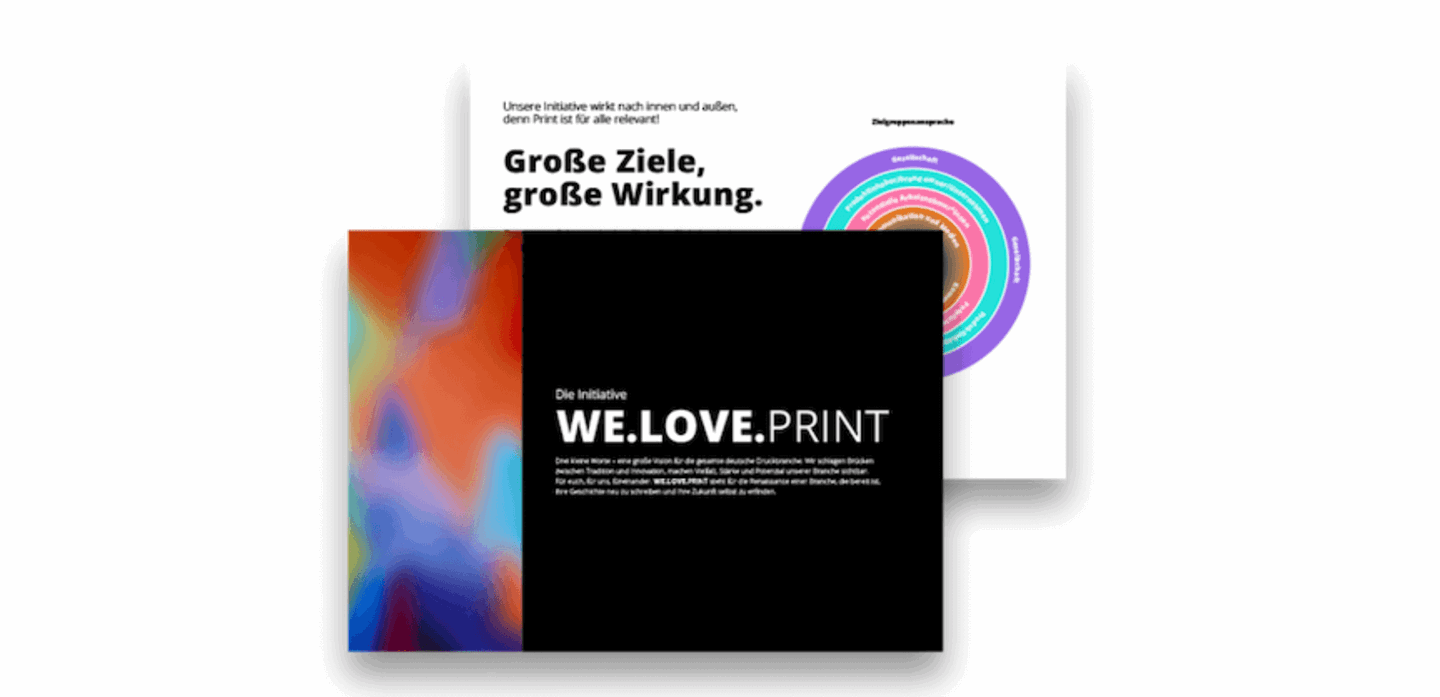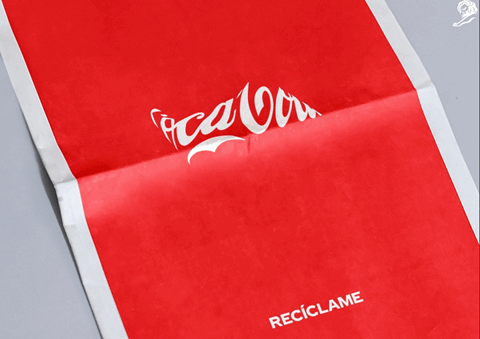Ulbe Jelluma, was there a specific trigger for launching the initiative?
RD: "As an expert in the graphic arts industry, the last year was particularly challenging for me. On the one hand, we received news about Rewe and OBI withdrawing from print; on the other, I observed the reaction from the graphic arts industry, which was nearly non-existent. I said, 'Hey, don't worry about the decisions made by Rewe. We need to focus on our position.' Yes, we are partly to blame for this situation. We have struggled for the last 20 years to inform advertising agencies and marketers about the values of print and its sustainability."
Maaß, who has been the CEO of the Fachverband Medienproduktion (FMP) for over 25 years, recognised a pressing need for action within the industry. "As an entrepreneur, you have to do something. You can't wait for the market to grow or for new business to come to you. You have to create this market," he stated. "It's negligent not to pursue our efforts, not to try, and not to keep pushing forward, especially since we are integral to the market." The print industry has faced significant challenges, including declining market shares and the necessity for a paradigm shift in how print is perceived. "We know the power of print, but we have to explain our market not only from a technical perspective but also in terms of the solutions we offer our customers."
UJ: Germany has experienced numerous campaigns in the past, including Print Wirkt. How does this initiative set itself apart?
The WE.LOVE.PRINT initiative is not merely a short-term campaign; it is a long-term commitment to reposition print within the broader communications landscape. "This is an open association of partners from the graphic arts industry, all contributing to a generic marketing initiative aimed at promoting the value of print," Maaß explained. The initiative operates as a non-profit organisation, with financial contributions from its partners directed towards activities that enhance the visibility and understanding of print. It is telling that the launch of the campaign was at the globally most important print event: DRUPA including support from Sabine Geldermann (DRUPA Director).
Also the German pulp and paper industry is positive about the initiative. As Alexander von Reibnitz, CEO of Die Papierindustrie says:" Congratulations on the initiative WE.LOVE.PRINT! You get to the heart of the matter: print is manifold; print is sustainable; print is a plattform for ideas and creativity. As a representative of the German pulp and paper industry, I can fully underline this. WE.LOVE.PRINT attracts and inspires people from outside the industry while, at the same time, it offers a unique chance for industry insiders to network and cooperate on a sustainable future for the whole print industry."








